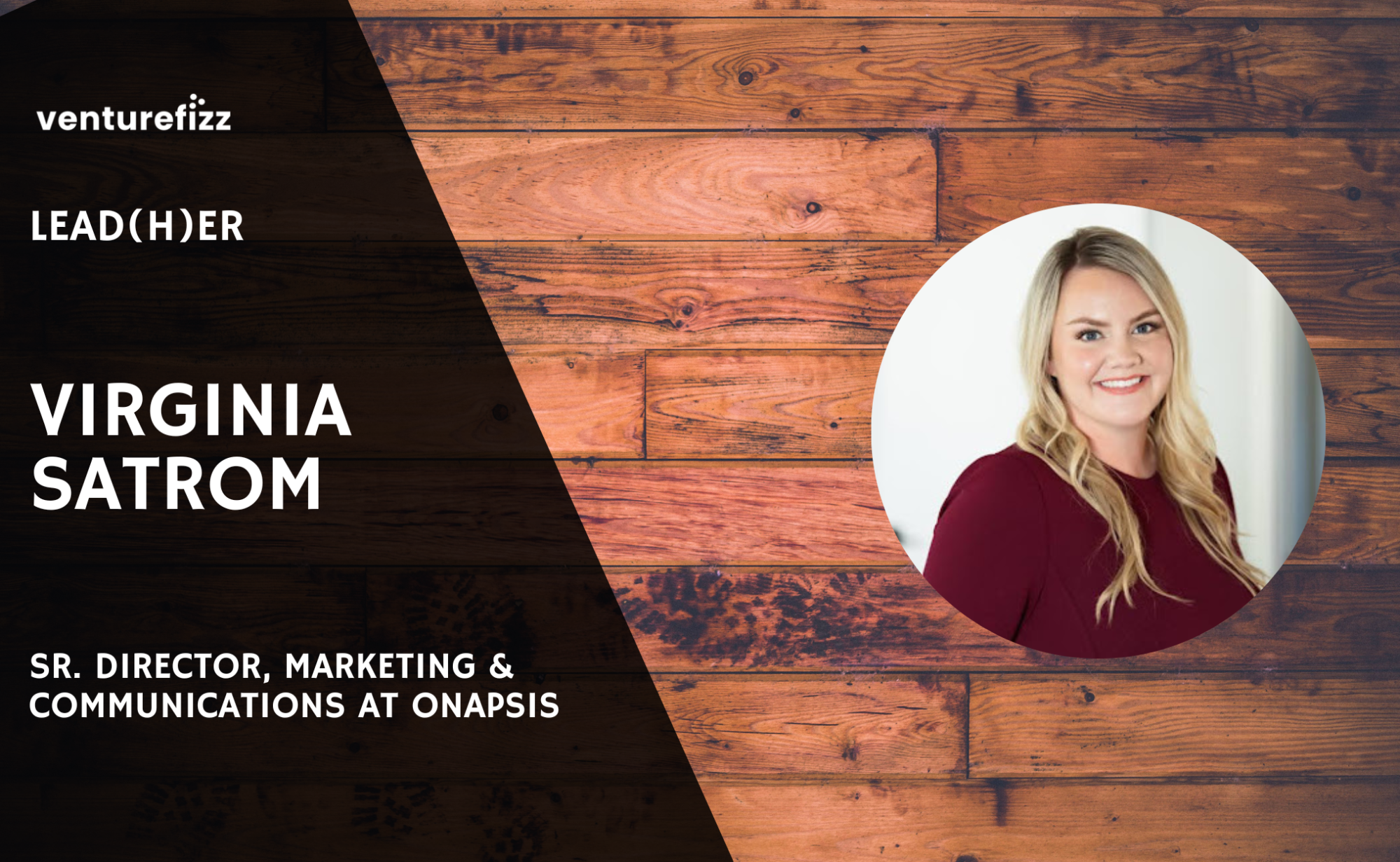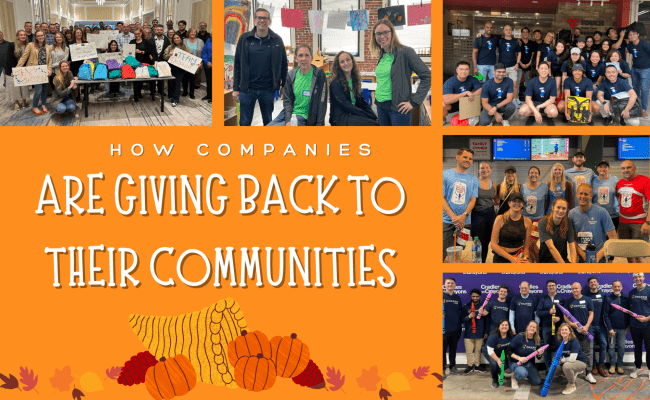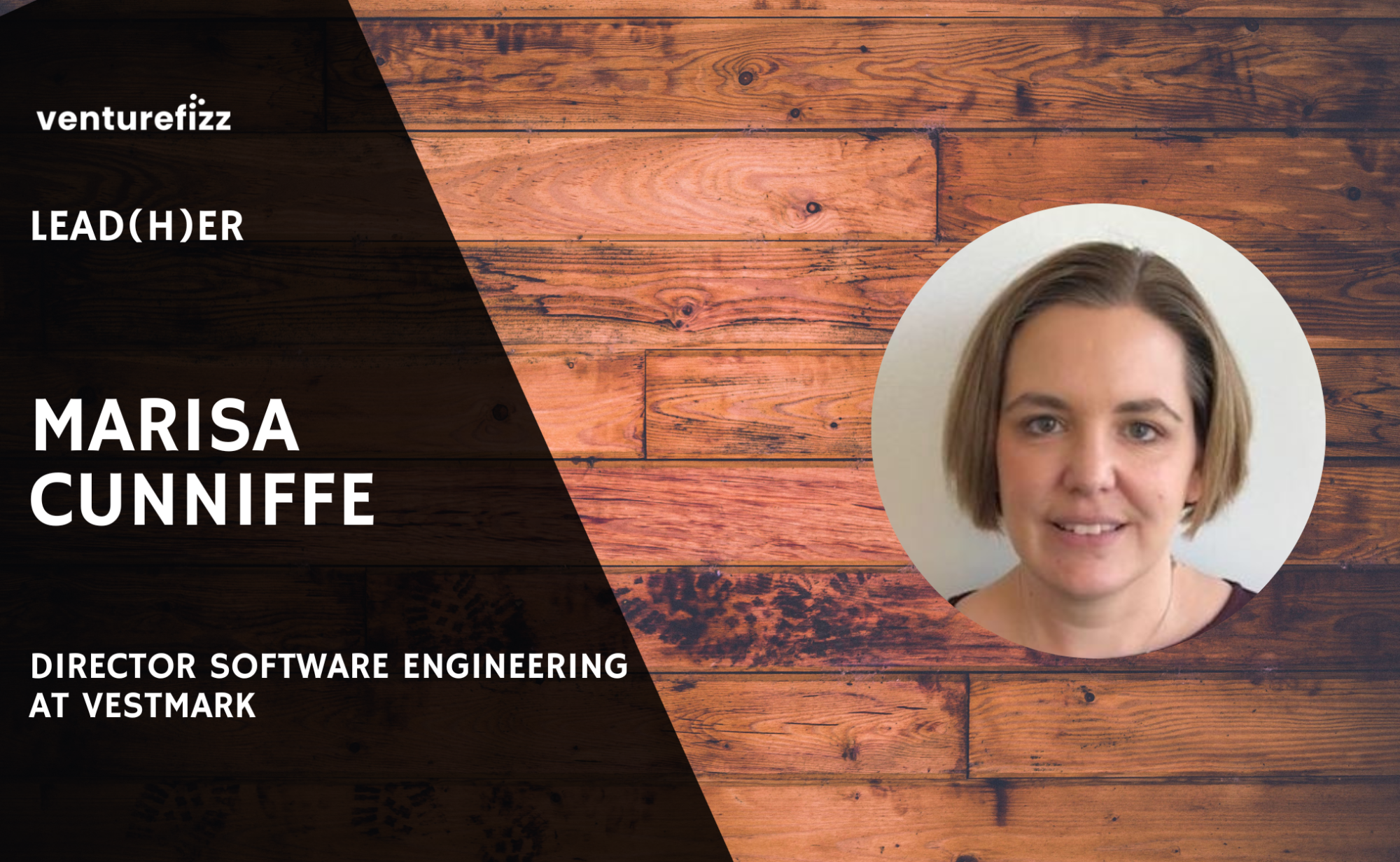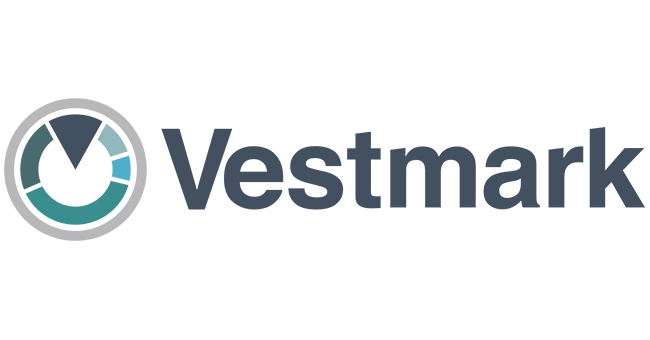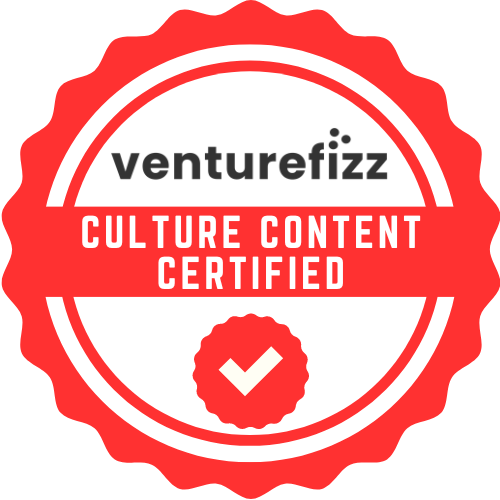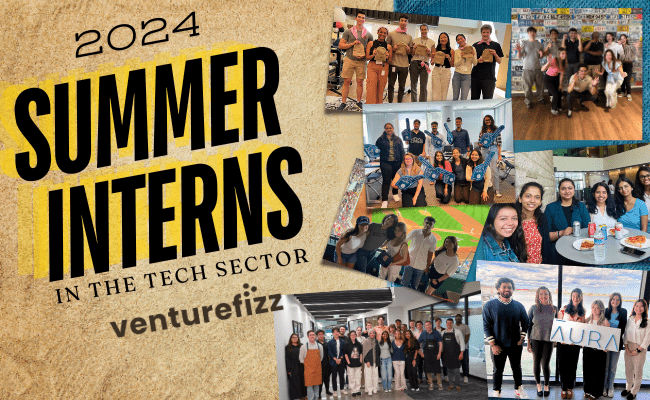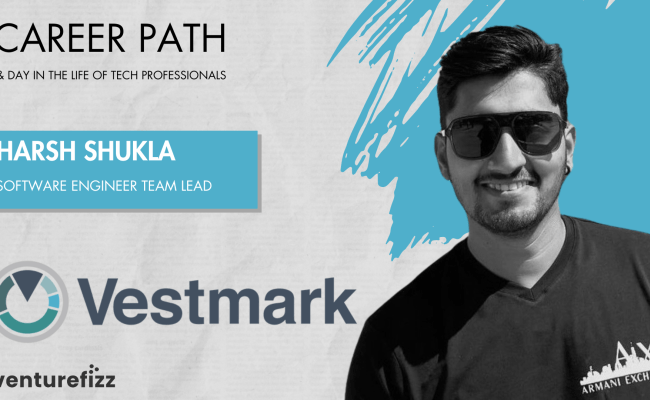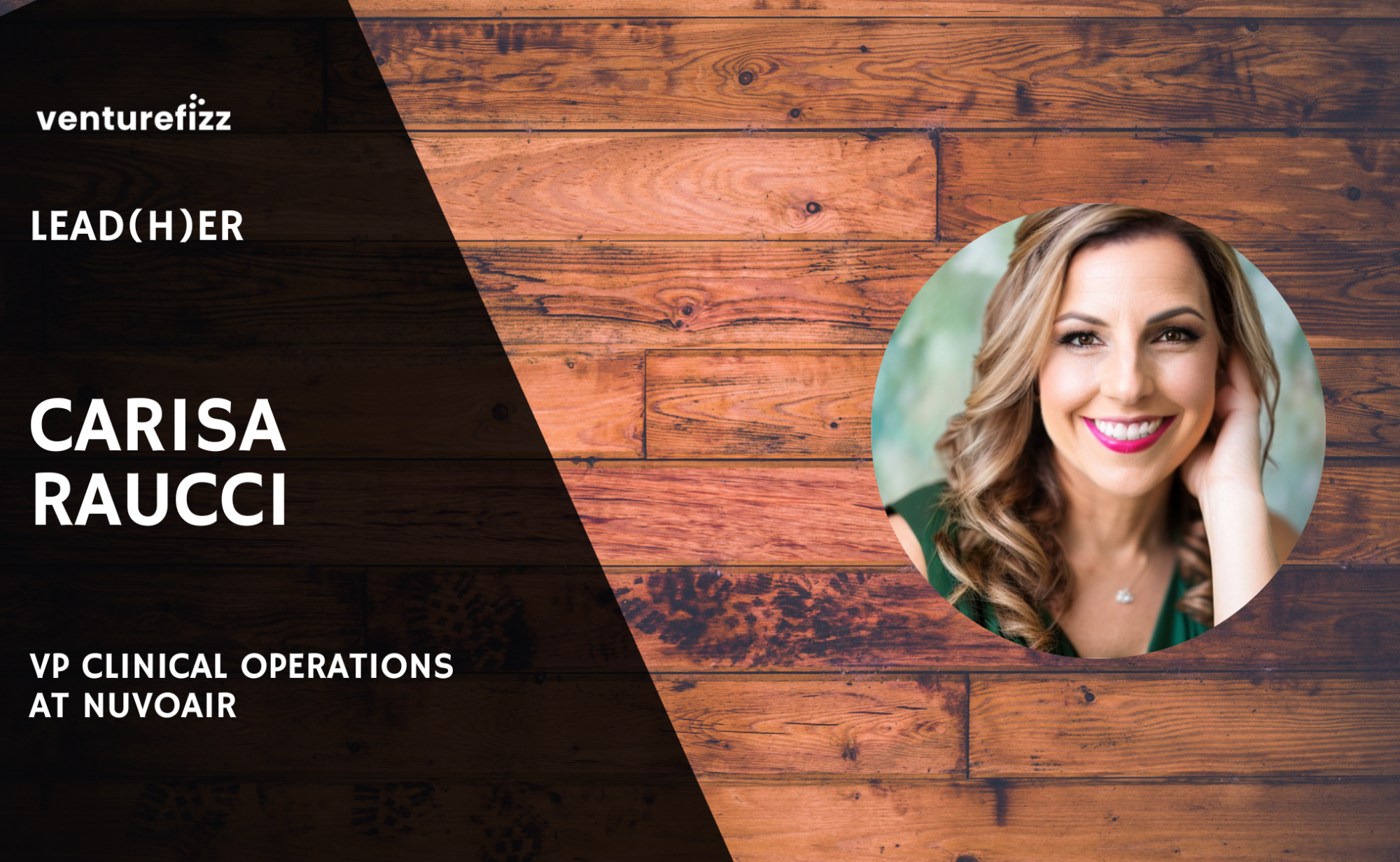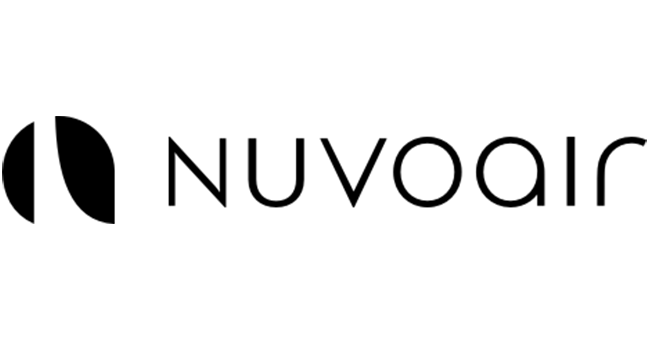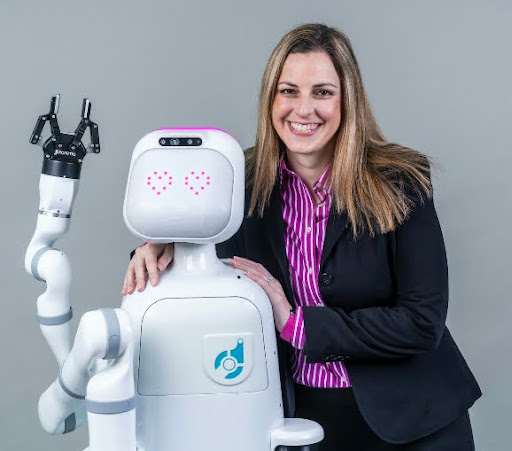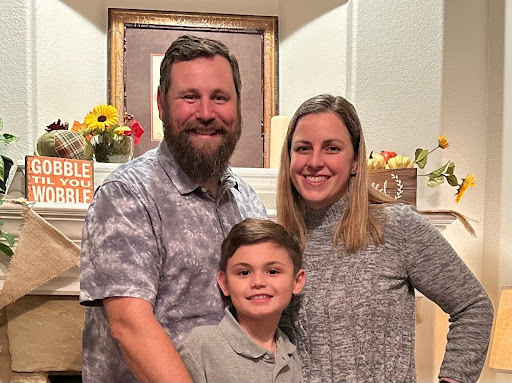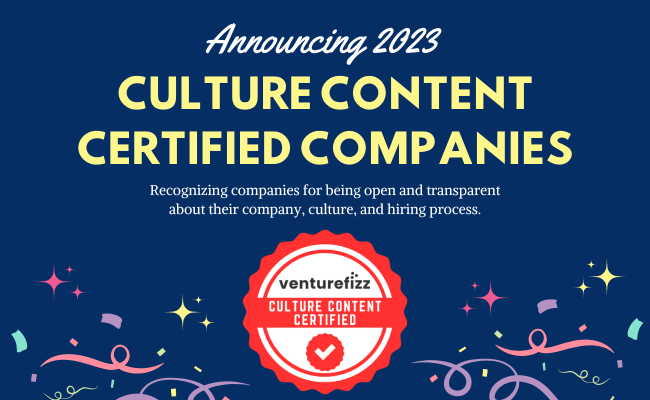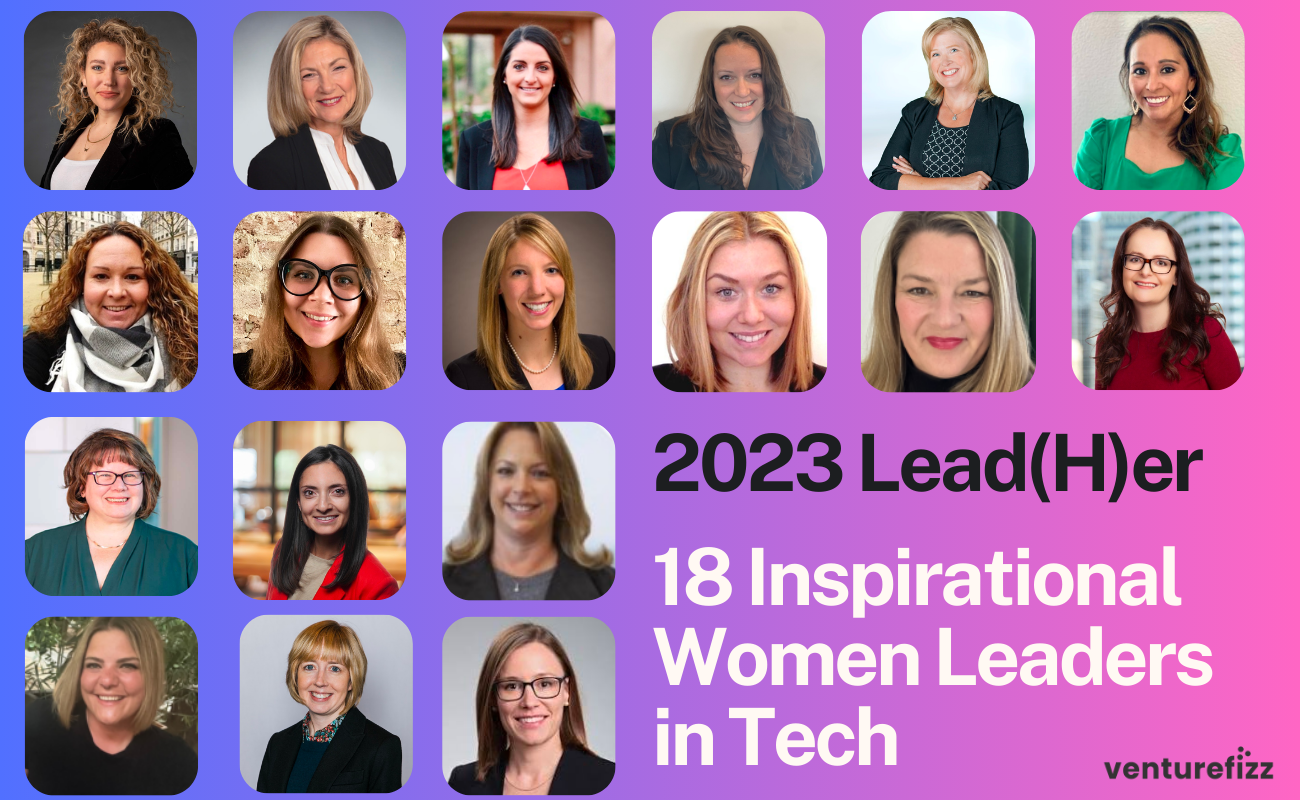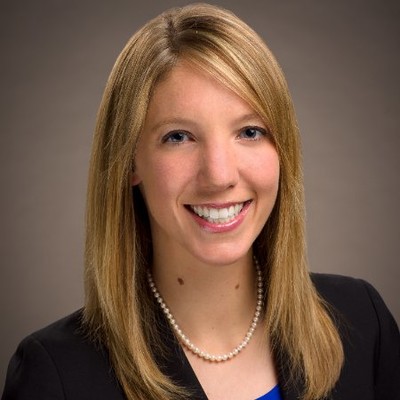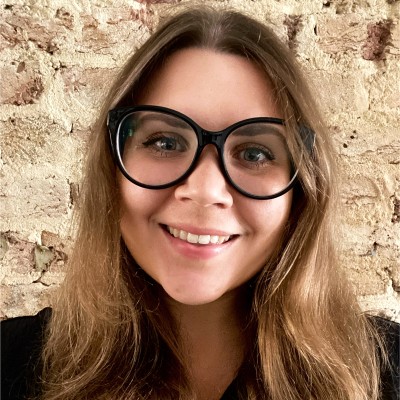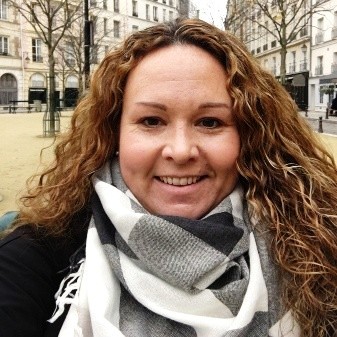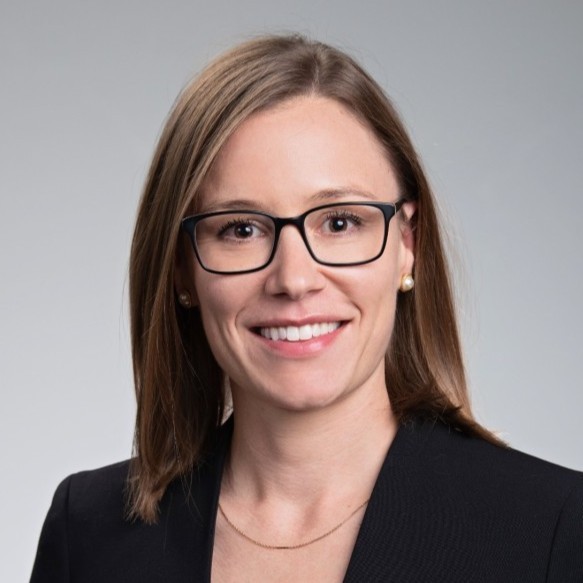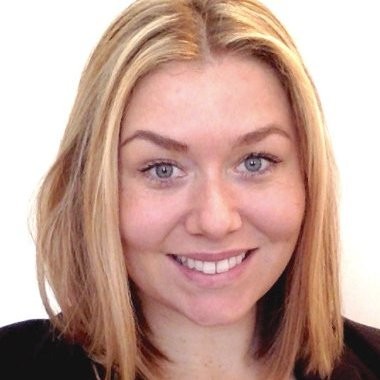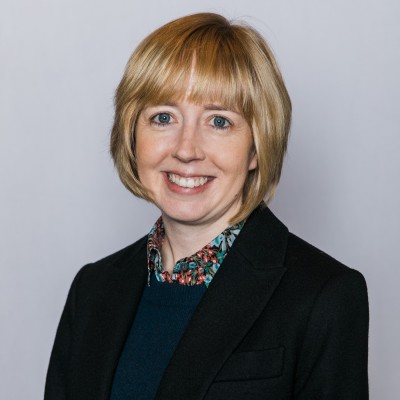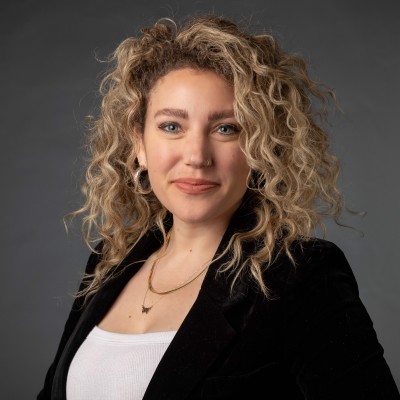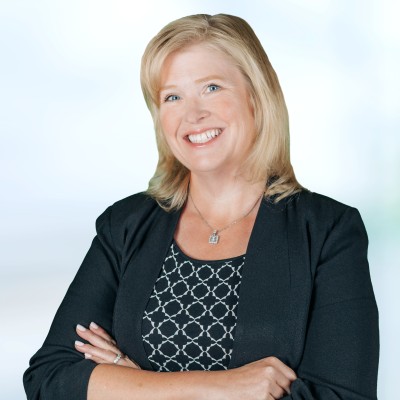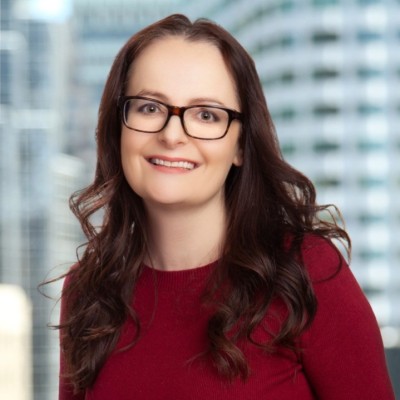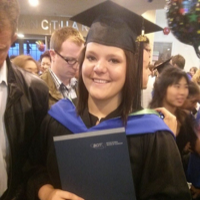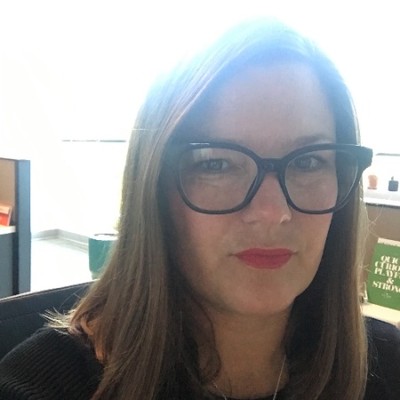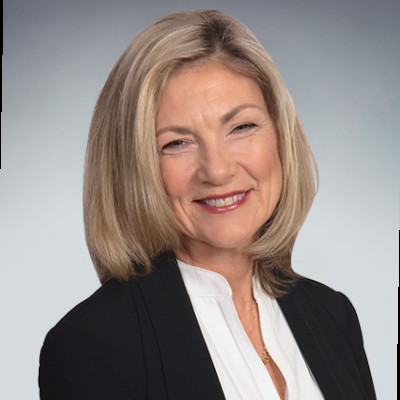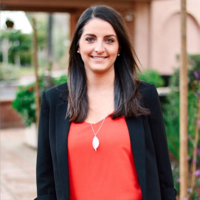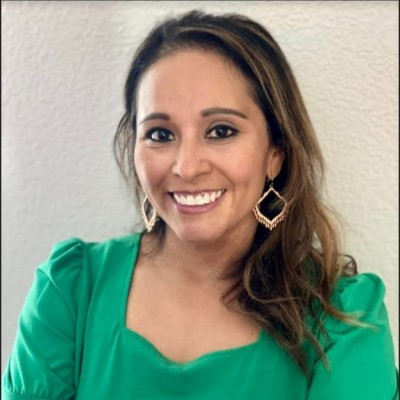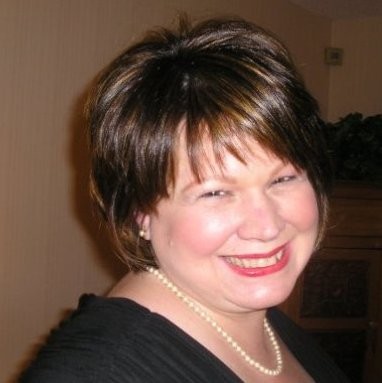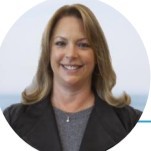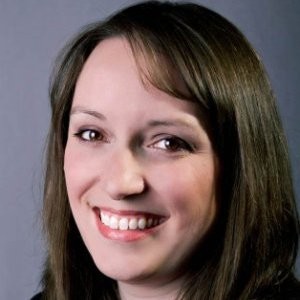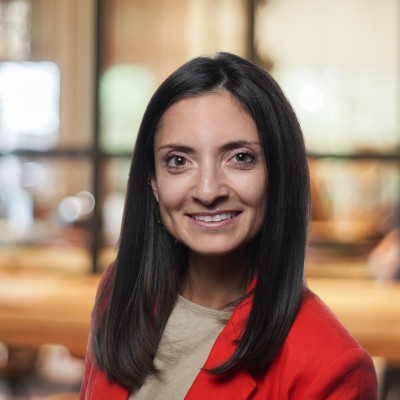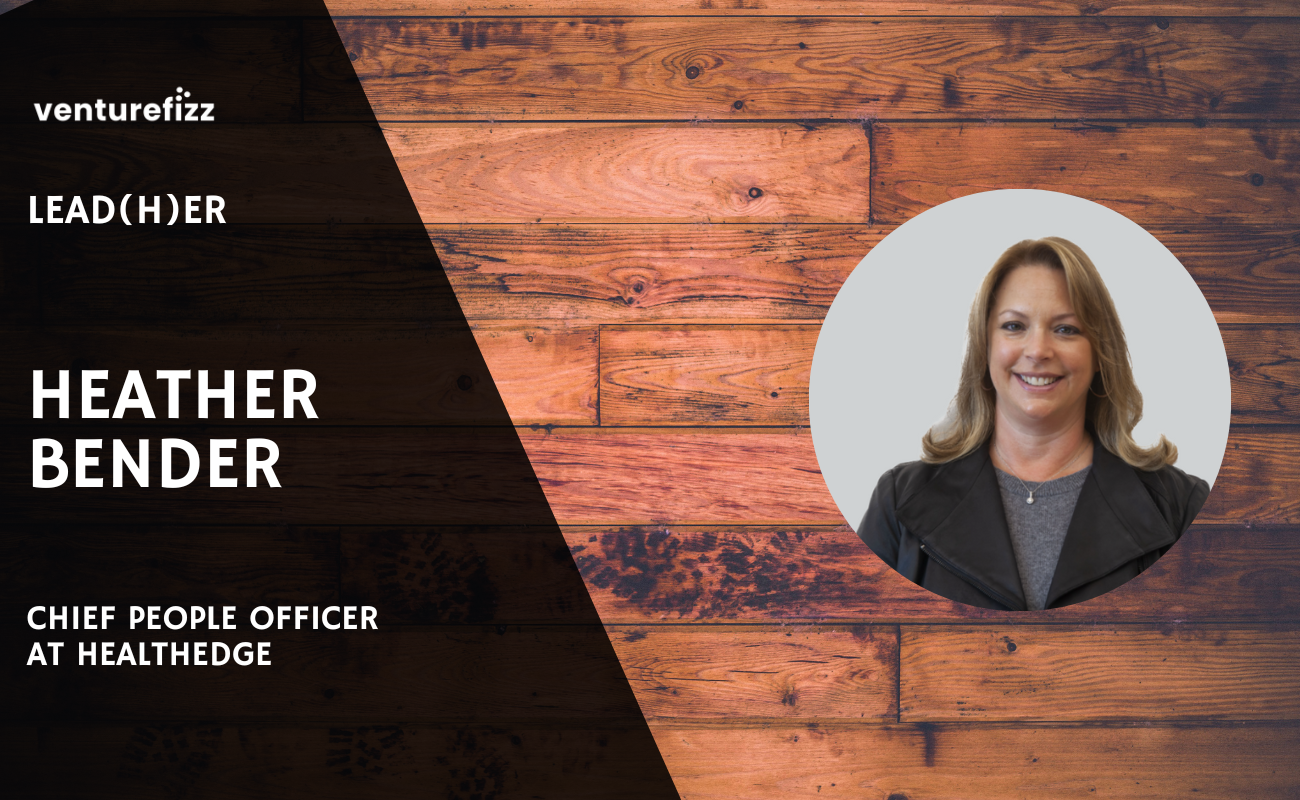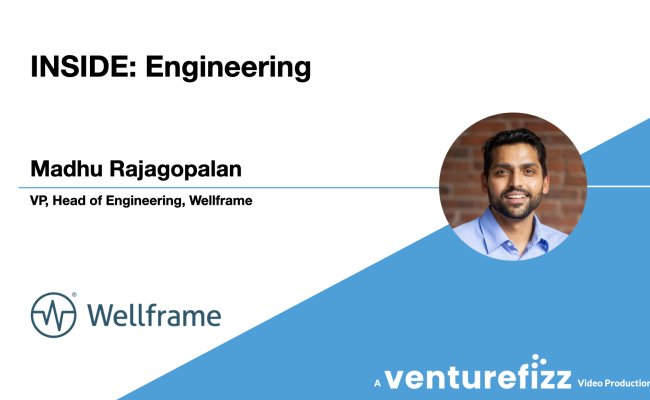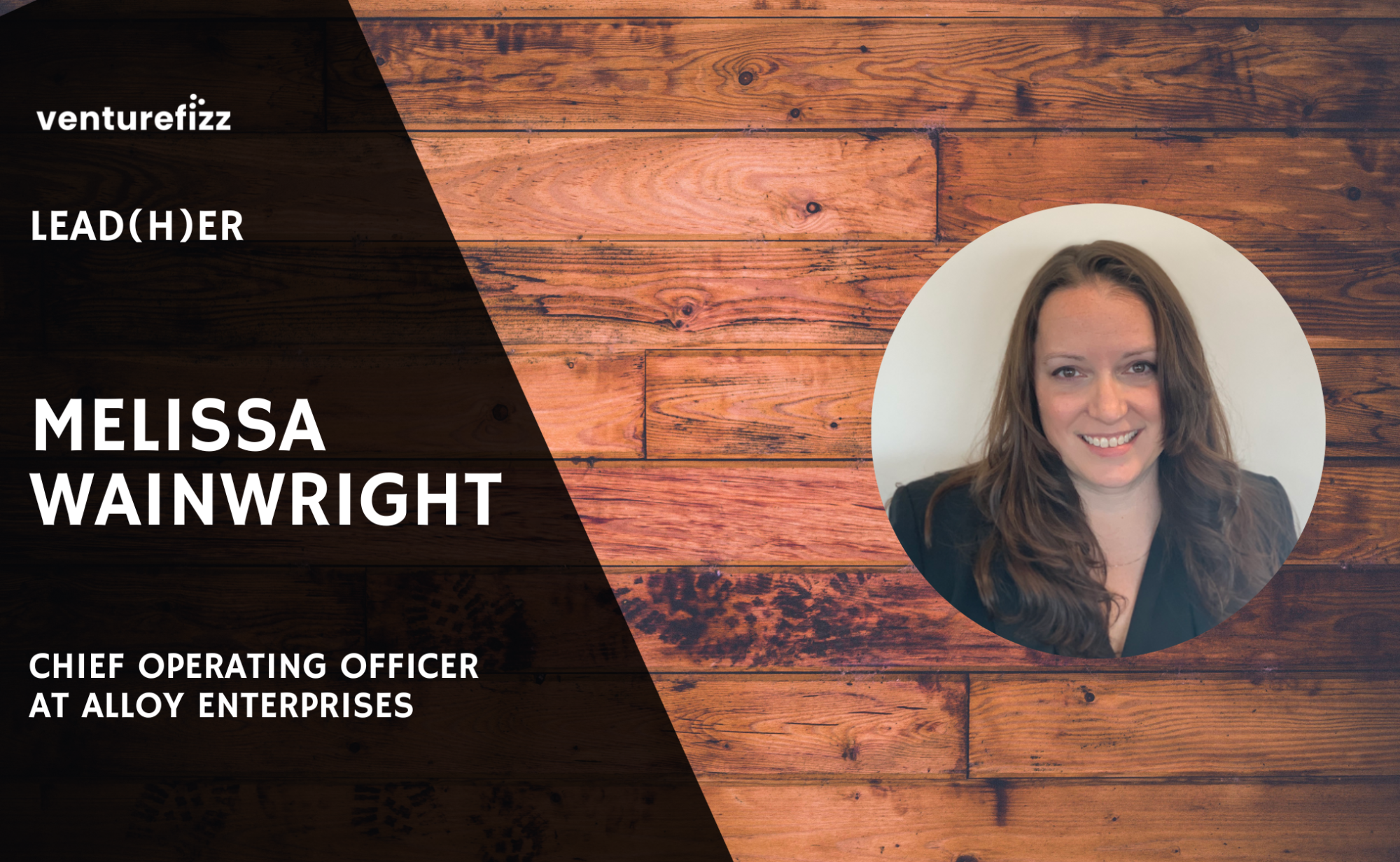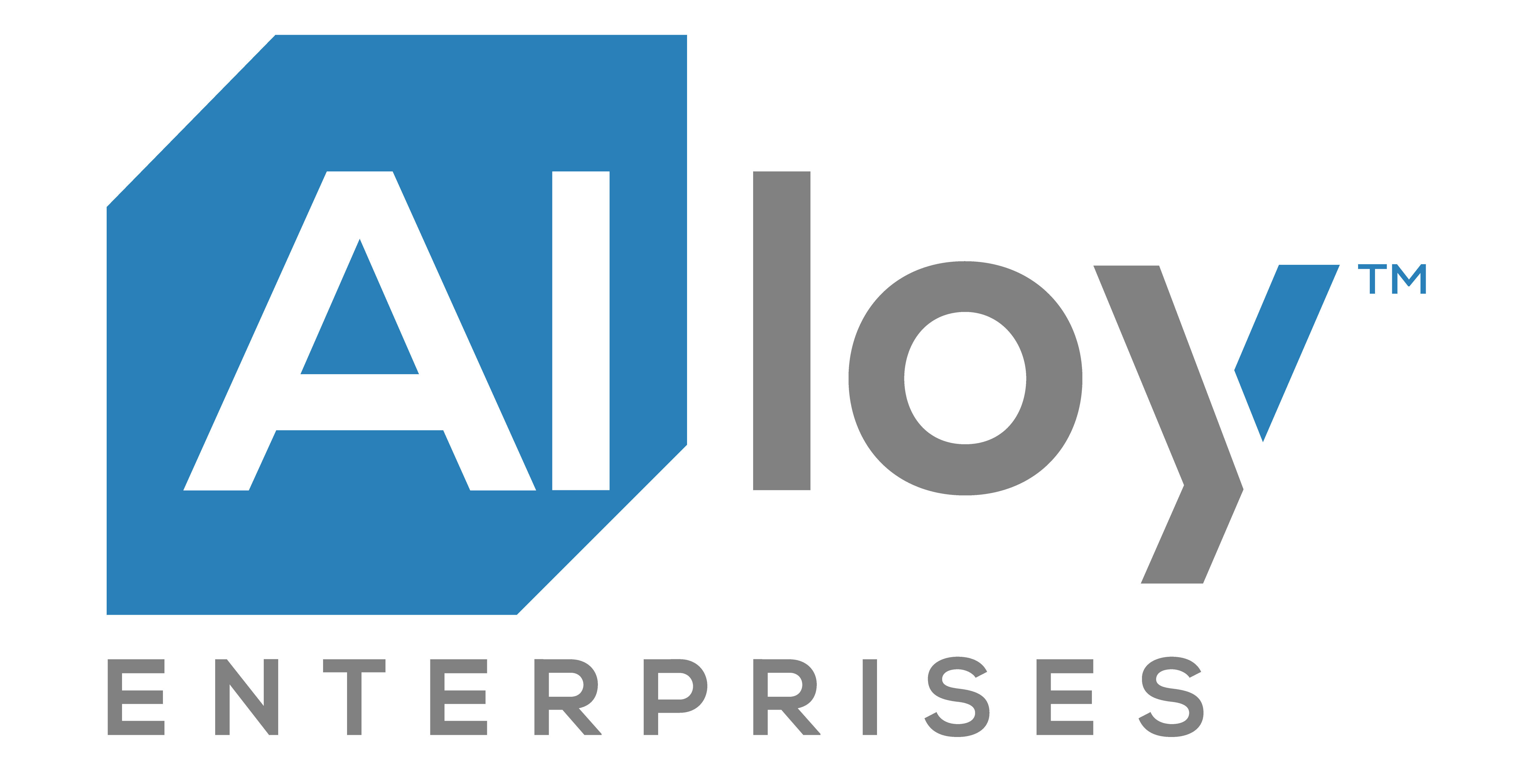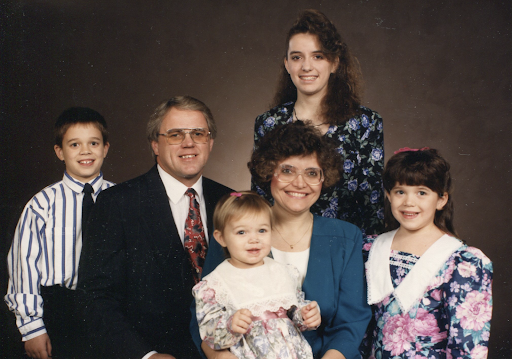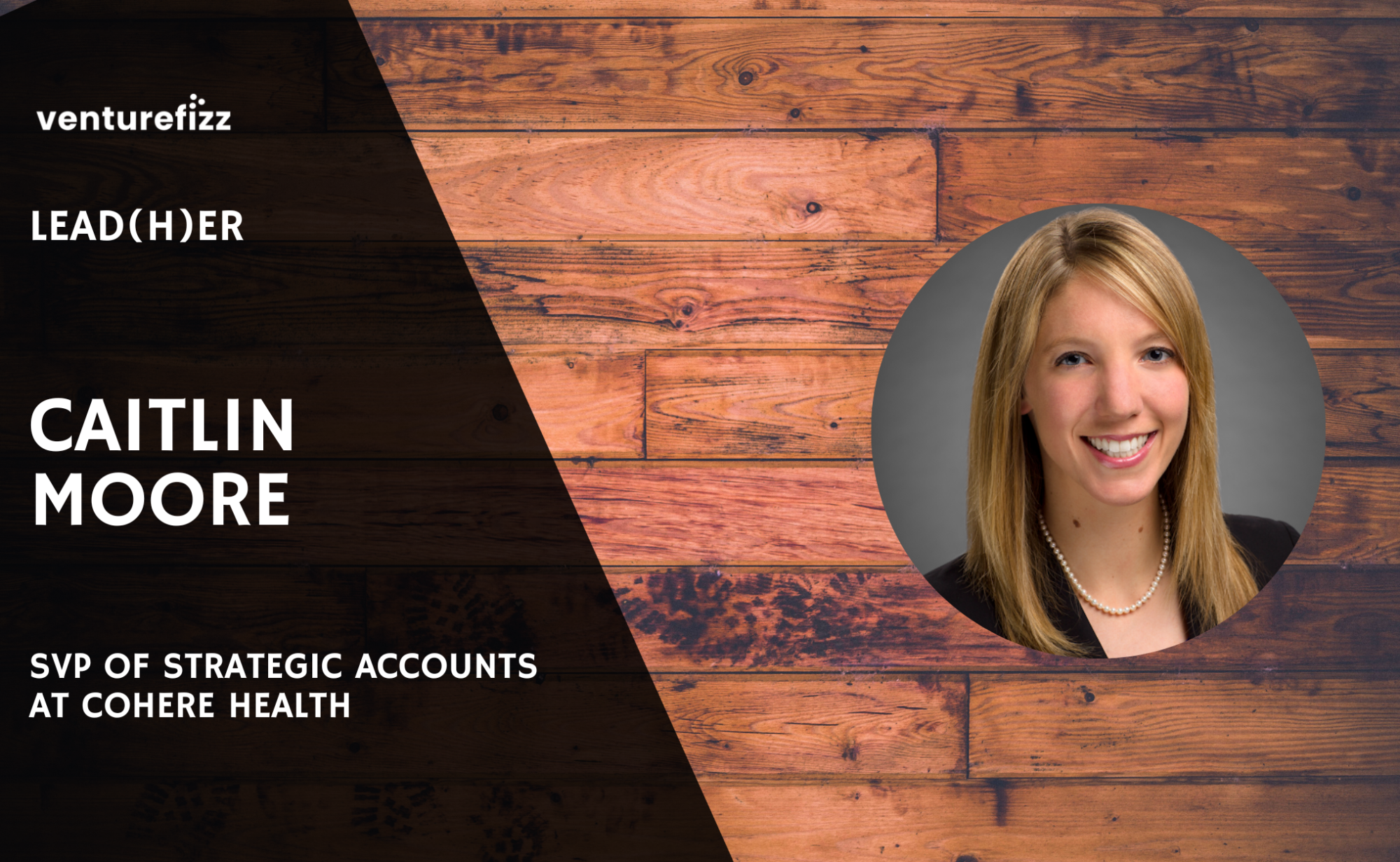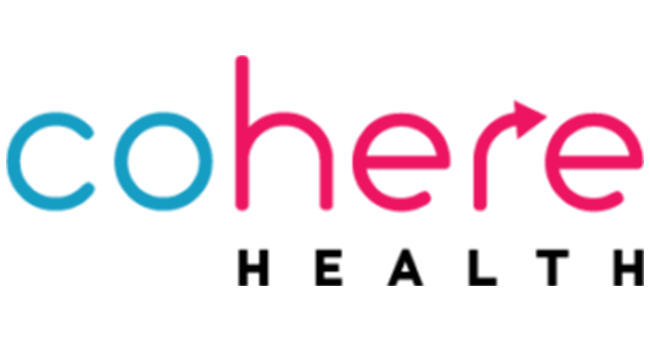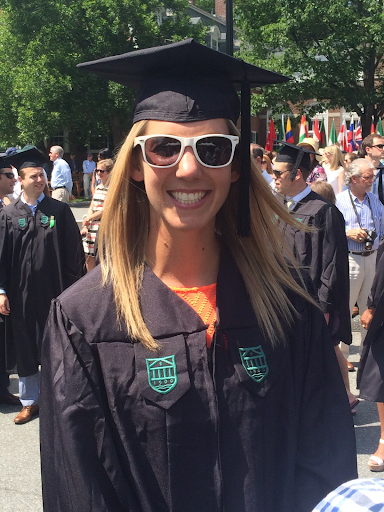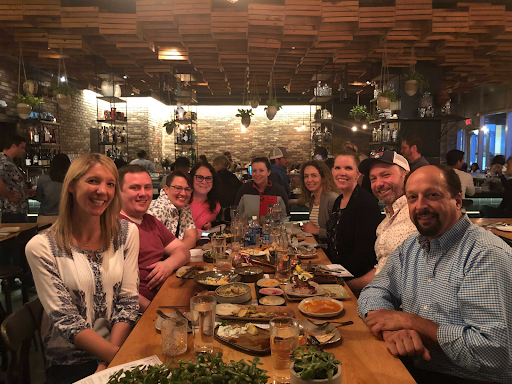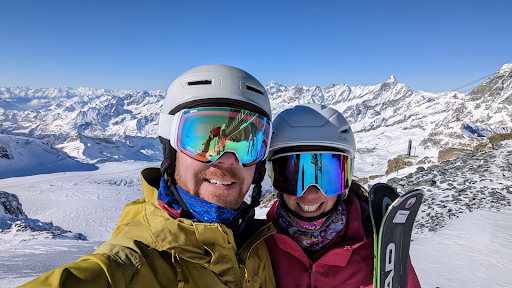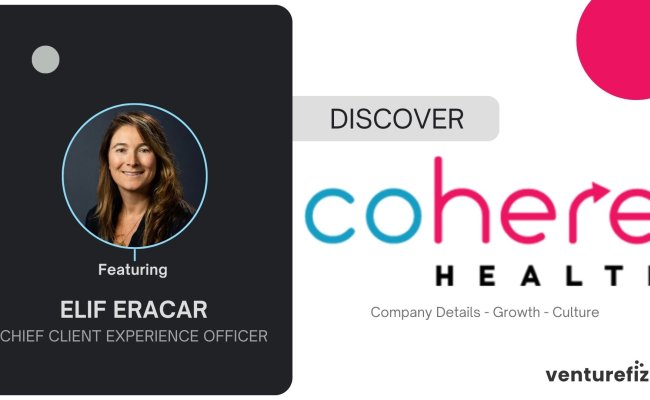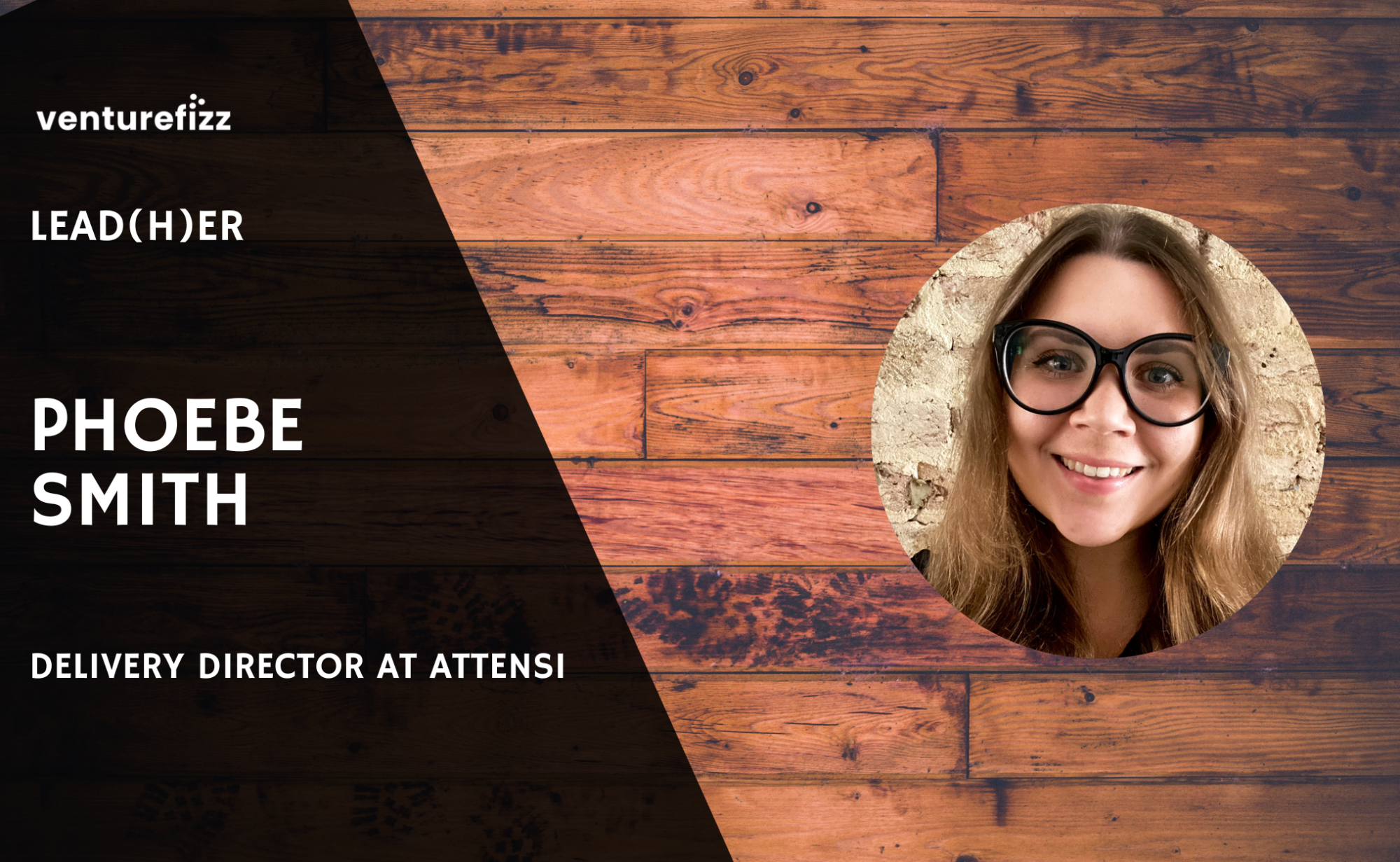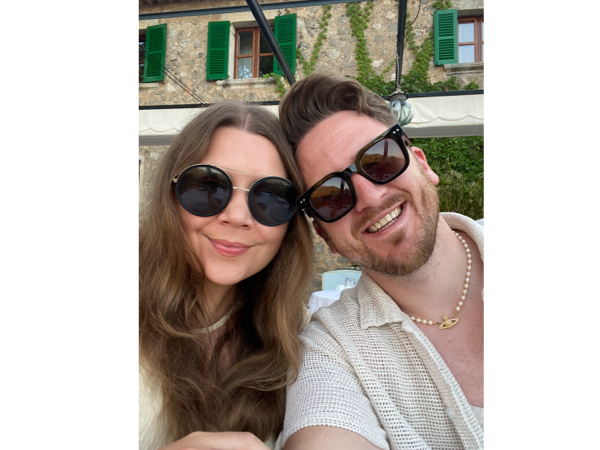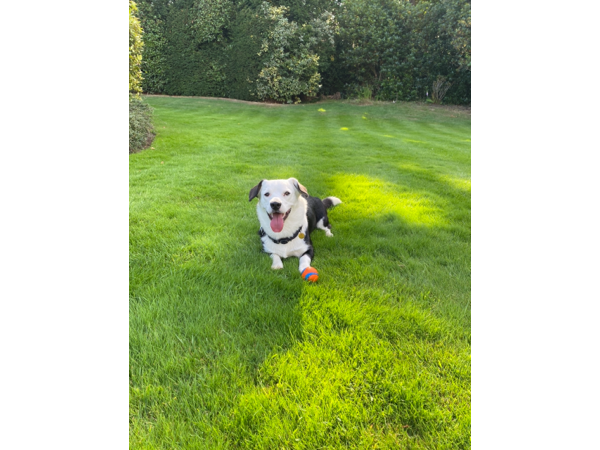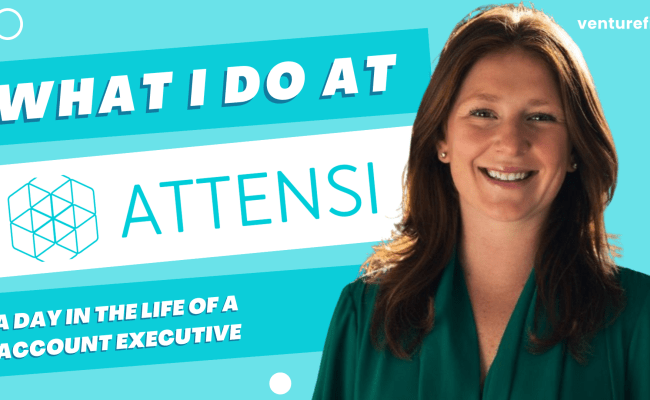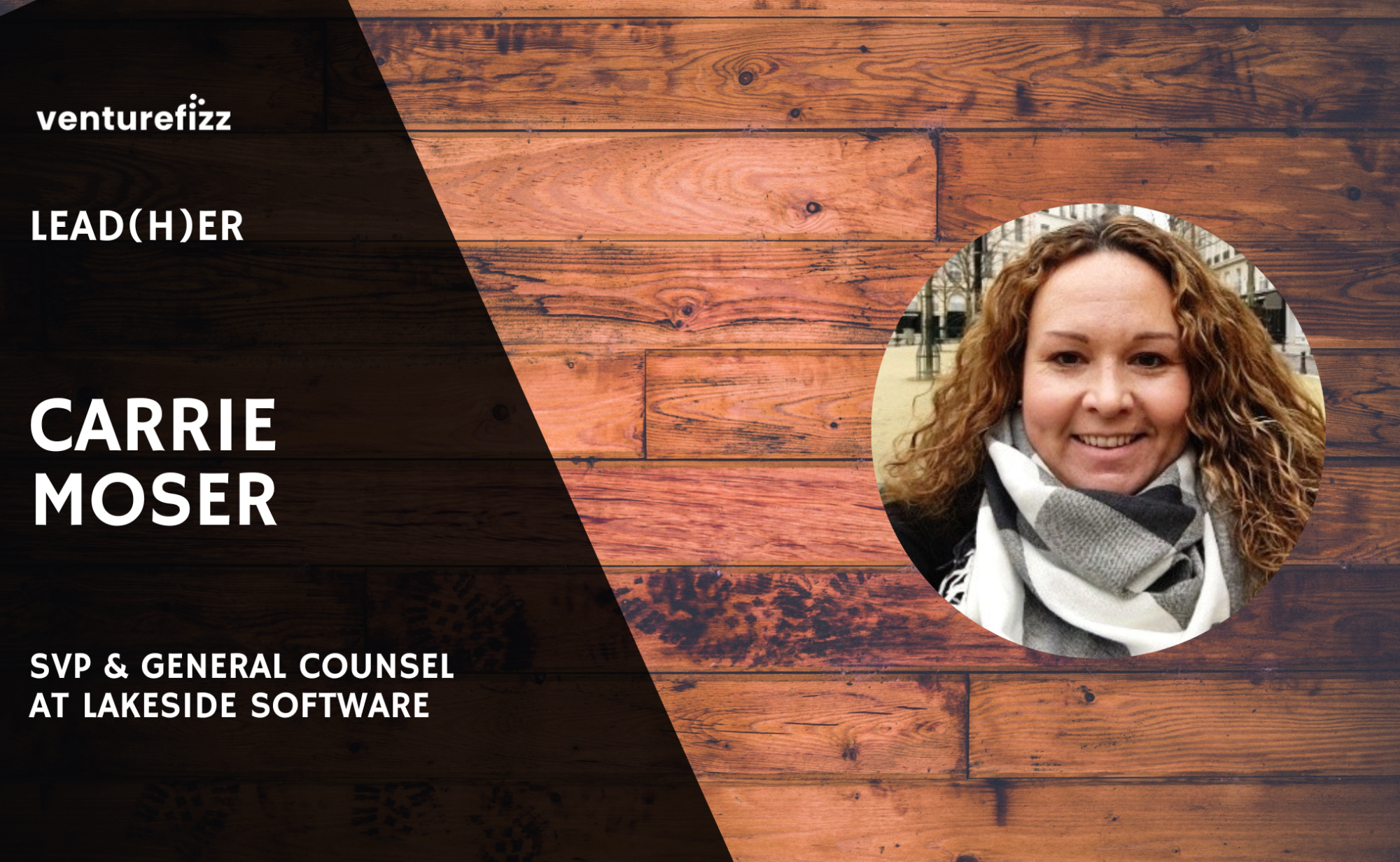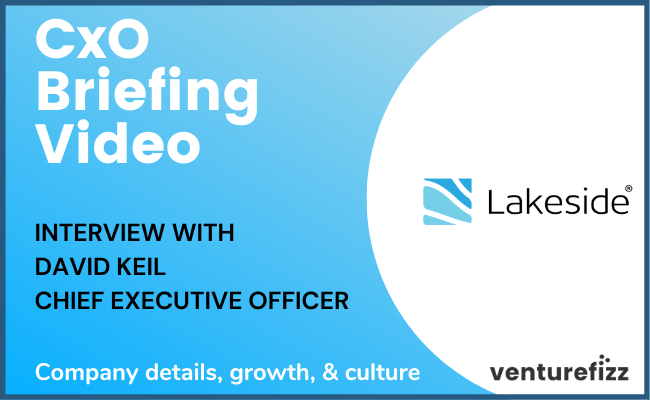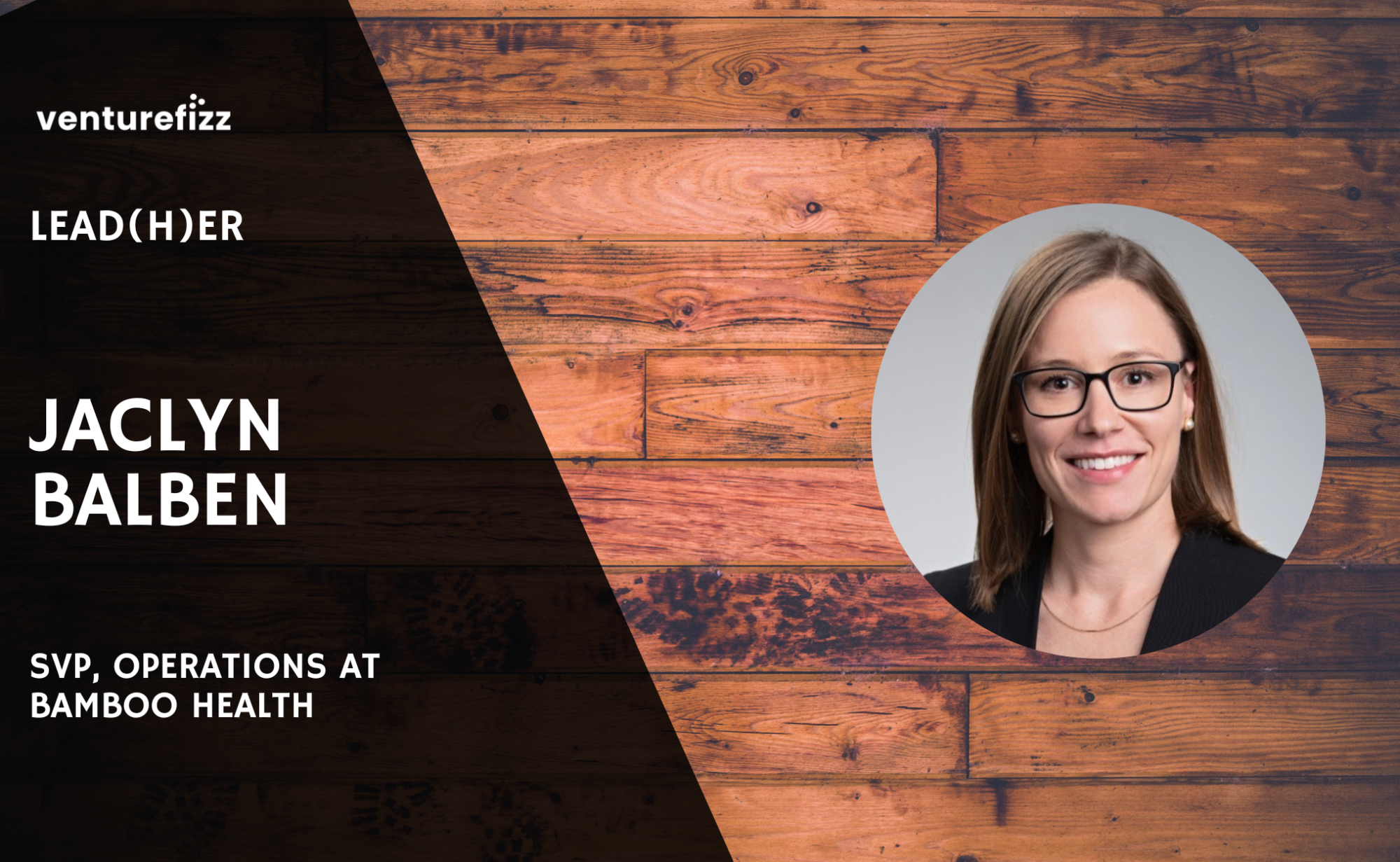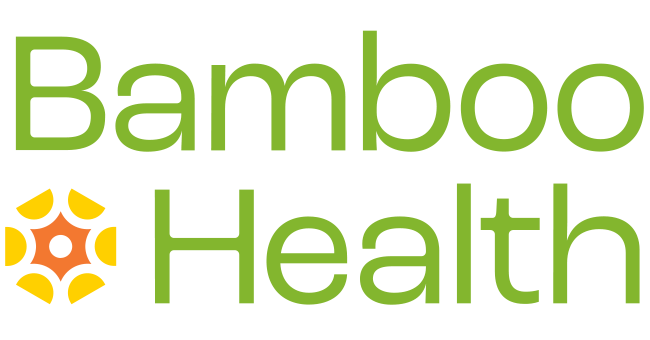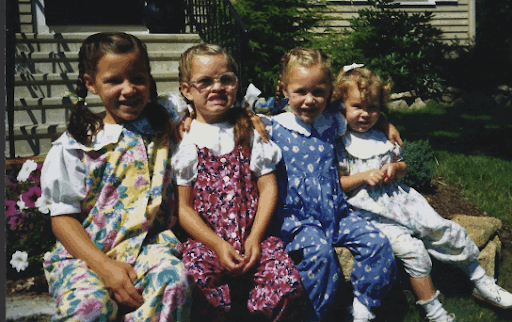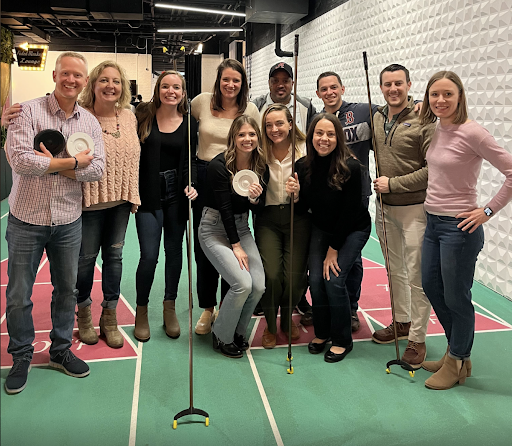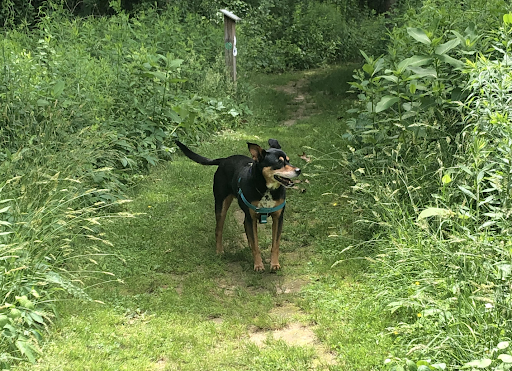Our Lead(H)er series features impressive women leaders in the tech industry. In this Q&A, we are featuring Virginia Satrom, Sr. Director, Marketing & Communications at Onapsis.
Where did you grow up and how would you describe yourself as a child?
I grew up in Massachusetts and I would describe myself as a very inquisitive and energetic child. I enjoyed school and loved playing team sports.
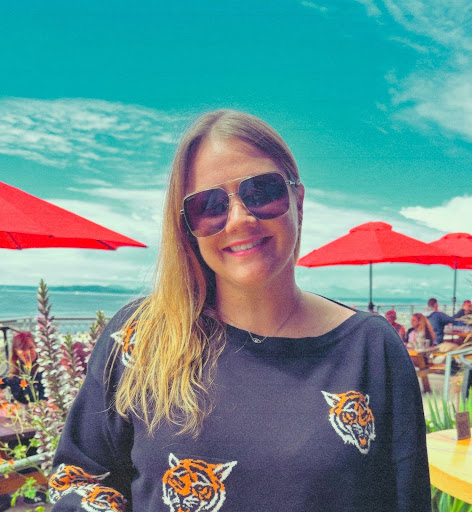
What did you study in college and what was your first job out of school?
I studied Marketing & Psychology at University of Massachusetts Amherst. My first job out of school was working for a large cybersecurity company as an intern. I was hired full time as a channel marketer at that same company after completing my internship for a few months.
Can you share the details on your career path and what were the critical moments that got you to where you are today?
Starting out in channel marketing gave me a tremendous advantage working in the cybersecurity space. Truly understanding how most technology and SaaS companies leverage their distributors, partners, and overall strategy partner ecosystem was invaluable to help me understand the broader organization. There was also a lot of opportunity to make my role what I wanted it to be from enablement bootcamps, to email marketing, to in-person advisory councils, and even virtual kickoff meetings specifically designed for our partners. Having that background, I was able to find a role at another cybersecurity company after moving to Austin, Texas focusing on social media. There I was able to hone my writing skills, launch an employee engagement app, serve as a core team member throughout a massive rebrand, and even dive into PR a bit. From there, I knew I wanted to gain some strong demand generation experience, so I landed at a company where I could focus on expanding in international markets. This led to taking on more responsibility for channel marketing and customer marketing. Here is where I grew to appreciate customer insights as an invaluable marketing resource. After building my career around those key functional areas, I had my sights set on a smaller company where I could use all of the skills I’d learned day to day as a marketing leader. Since then, I have been seeking out roles where I can be a ‘player-coach’ and use both my creativity and my organization to make an impact.
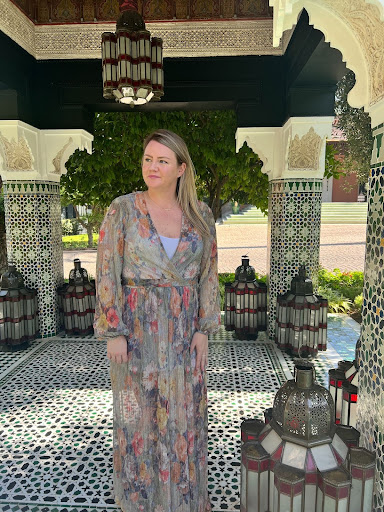
What is your current role and responsibilities?
My current role and responsibilities cover a few different aspects of the marketing department, including: our communications strategy, managing global PR with our agencies, proactive and reactive external communications. I also am directly responsible for our social media strategy and day-to-day execution, which is where I am able to be creative and experiment with new ideas and mini campaigns. My team also manages our brand, design, and website (which we recently revamped!) Finally, my team is also responsible for our paid and organic digital strategy including SEO, paid ads, and paid social.
Looking back, is this where you thought you’d be professionally? Was it always your goal to be in this position?
Like most children of my generation, I wanted to be a songwriter and pop star. (Or was that just me?) So, yes and no. Once I decided that marketing was my ultimate career path, I knew I wanted to be able to be creative, hands-on, have a true impact on an organization, and lead a team. I absolutely believe in manifesting and going after your goals until you make it happen. I see myself as a strong demand generation marketer which I typically have gravitated to lately, but have grown to embrace the communications and creative side again with my current role. I’m excited to do it all!
For people who are looking to be in a similar position, what advice would you give to others in terms of helping them achieve their career goals?
One of the best pieces of advice that I ever received early in my career was saying ‘yes’ and raising your hand for new challenges and opportunities within your team and company. It is a delicate balance to make sure you are able to do your role and do it well, but always jump at developing a skill set. The best way to learn, for me, is by doing. Building your skill set organically helps you learn what you do and don’t necessarily enjoy doing, and also helps make you an invaluable resource at your company.
What are the most important skills that you need to do your job well?
The most important skill in a smaller company is definitely the ability to pivot and shift priorities. It could seem like two ‘small’ things in the broad range of skills a person can have within marketing, but it is critical as a ‘player-coach’. Based on my start-up experience with companies of varied sizes, there is always a ton of work to go around with limited resources. Making sure you are aligned with the overall business goals and keep referring back to your priorities will help you not be overwhelmed and ensure you have the maximum impact with your efforts.
Another core skill that comes to mind is knowing when and how to take feedback. Marketing as a whole is one of those functions that unless you’ve done it, seems ‘easy’ or can be perceived as the ‘fluffy’ area of a business. Standing firm in your knowledge and insights when changes are proposed or saying that the battle is not worth fighting is a huge asset to do a job like this well. Bringing data to the table, whether it is A/B testing or lead metrics on a given program, is also something that I have prepared on-hand for any crucial conversations about priorities as well.
What do you find most interesting/rewarding about your work? What’s the most challenging?
The most interesting and rewarding part of my work is being involved with our Customer Advisory Board. As I mentioned, being able to hear directly from and meet with customers is an invaluable asset to build your knowledge and also utilize those insights to form new concepts for campaigns and programs.
A very close second would be working with our Onapsis Research Labs team. The research that they do and the skills they leverage to help our customers is nothing short of impressive. Seeing how they incorporate their research into our products and showcase their expertise is one of my favorite things to do. We recently revamped a series called The Defenders Digest, which is always the highlight of my month.
Like many cybersecurity organizations, the most challenging part of the role can be finding the right balance between creating urgency and not instilling fear. We want to ensure organizations and the humans they support are protected, and we also want to make sure we aren’t ‘ambulance chasing.’ We always want to be helpful, not create fear.
What is your proudest professional accomplishment?
My proudest moment professionally has been doing three rebrands within my career. It takes a village and so much organization to pull it off and the pay off is so tangible.
Another proud moment for me was the massive pivot my organization at the time had to do from in-person events to virtual events initially during early 2020. It really tested our team’s creativity given that in-person events were simply not an option. We developed rapid, emerging threat briefings that had a tremendous impact on our marketing goals and pipeline creation.
Are you involved with any professional organizations outside of the company? Volunteer work?
Since I just recently moved across the country, I haven’t been as involved in organizations as I’d like to be. That being said, Cybersecurity Marketing Society is close to my heart and I am looking forward to getting involved with the local animal rescue shelters!
Q&A
What do you enjoy doing in your free time?
My free time mostly consists of reading, writing, watercolor painting, pottery, and screen printing–to name a few. Traveling as much as I can is always at the top of my list too.
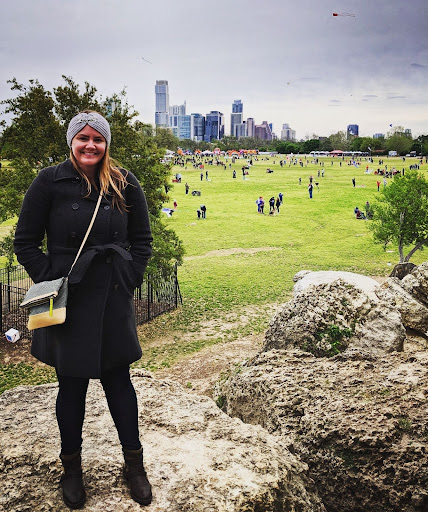
How do you manage stress?
To manage stress, I usually like to take a walk with my dog, do a cycling class, or meditate.
How many cups of coffee do you have in a day?
On a typical day, I have two shots of espresso first thing in the morning. If I drink more than that, the caffeine starts to use its powers for evil.
Any book or podcast recommendations?
Most recently, I read The Final Girl Support Group and I Have Some Questions For You–I could not put either of them down. I also love Huberman Lab & Crime Junkie podcasts.
What advice do you have for recent college graduates?
You don’t have to have everything figured out right away. Find a place to land where you can learn and absorb everything in a role or industry that interests you. So many things will not go as planned, so being able to adapt and pivot will save you a lot of stress and anxiety (easier said than done!) I also highly recommend finding a mentor (formally or informally) that can be a resource for advice, recommendations, and networking.



